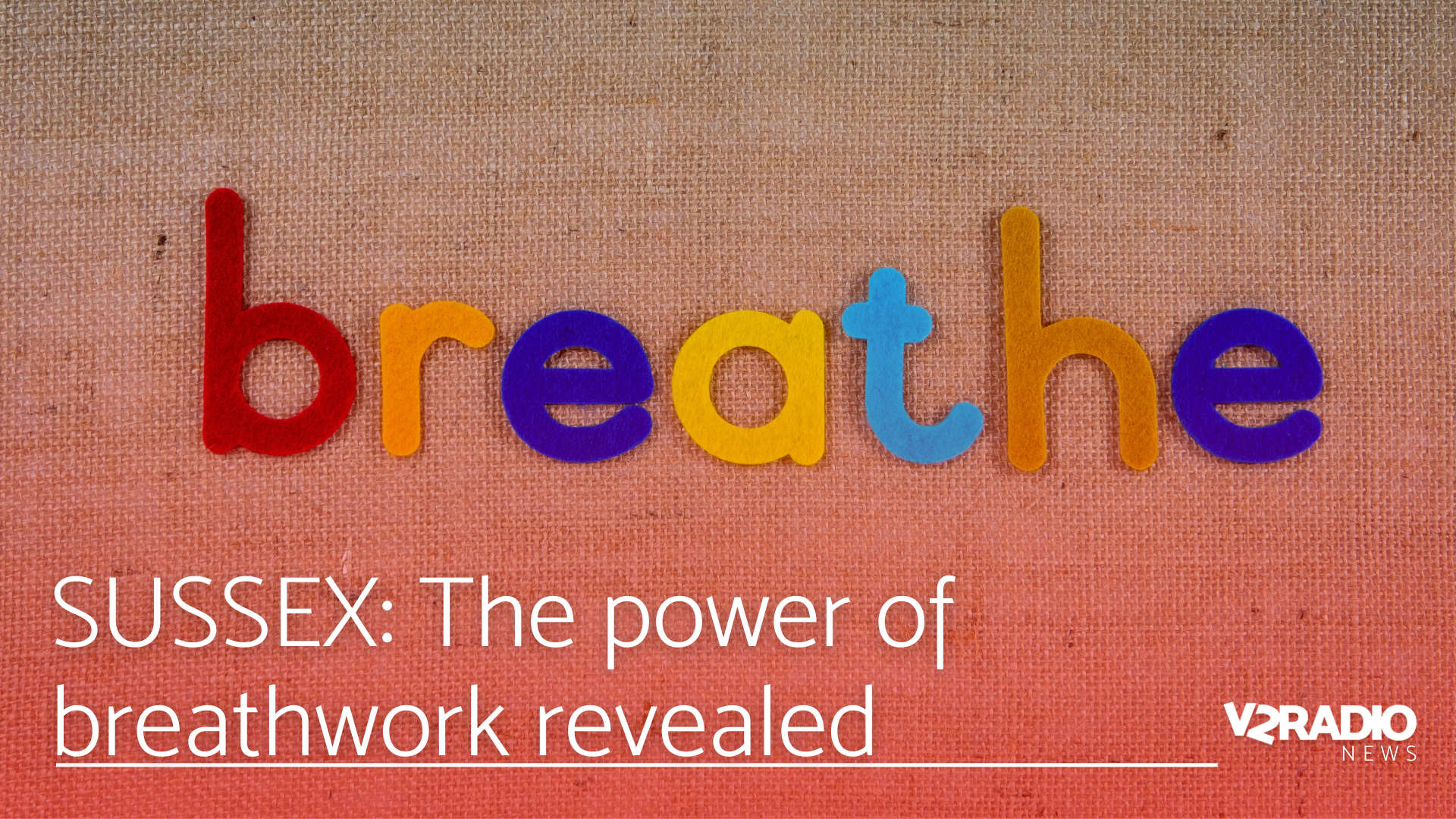
A Sussex-led study has revealed how breathwork can trigger psychedelic states.
Researchers at Brighton and Sussex Medical School found that the effect stems from changes in brain function.
The results, published in PLOS ONE, could inform future treatments for depression and anxiety.
The research team at The Colasanti Lab at BSMS and comprising collaborators from institutions in the UK, Japan, the Netherlands, and the US, investigated how HVB affects brain blood flow and autonomic nervous system responses in experienced breathwork practitioners. Using advanced neuroimaging and psychophysiological monitoring, the study revealed that the intensity of ASCs – particularly the phenomenon known as “Oceanic Boundlessness” (OBN) – was linked to changes in cerebral blood flow and heart rate variability.
Key findings:
- HVB reliably induced ASCs across three experimental settings: remote (online), laboratory, and MRI environments.
- The most prominent ASC reported was Oceanic Boundlessness, associated with feelings of unity, bliss, and spiritual insight.
- Neuroimaging showed that the intensity of Oceanic Boundlessness correlated with reduced blood flow in the left posterior insula and parietal operculum, regions involved in interoception and self-awareness and with Increased blood flow in the right amygdala and anterior hippocampus, regions involved in emotional memory processing
- Heart rate variability decreased during HVB, reflecting heightened sympathetic nervous system activity, yet participants reported reduced fear and negative affect.
Amy Kartar, lead author and Clinical and Neuroimaging Research Assistant at BSMS, commented: "Our findings suggest that HVB can safely and consistently evoke deeply transformative mental states. These experiences appear to result from the powerful neuromodulating effects of breathwork on brain regions involved in emotional memory and bodily self-awareness, which may explain the therapeutic potential of breathwork practices."
The study also highlights the importance of “set and setting” – a concept well-established in psychedelic research – in shaping the breathwork experience.
Participants in the lab setting reported higher OBN scores than those in MRI or remote sessions, underscoring the role of environment and interpersonal presence.
Implications for mental health therapies
With growing interest in non-pharmacological approaches to mental health, HVB offers a promising avenue for therapeutic intervention. The study’s insights into the powerful neuromodulatory mechanisms of breathwork could inform future treatments for conditions such as depression, PTSD, and anxiety.
The study was conducted at BSMS by an international team of researchers from BSMS, Hokkaido University Hospital, Leiden University Medical Centre, University of Wisconsin–Madison, and Sussex Partnership NHS Foundation Trust.
Read the study ‘Neurobiological Substrates of Altered States of Consciousness Induced by High Ventilation Breathwork Accompanied by Music’ in full here.

 Councillors approve controversial bus lane plans in Eastbourne
Councillors approve controversial bus lane plans in Eastbourne
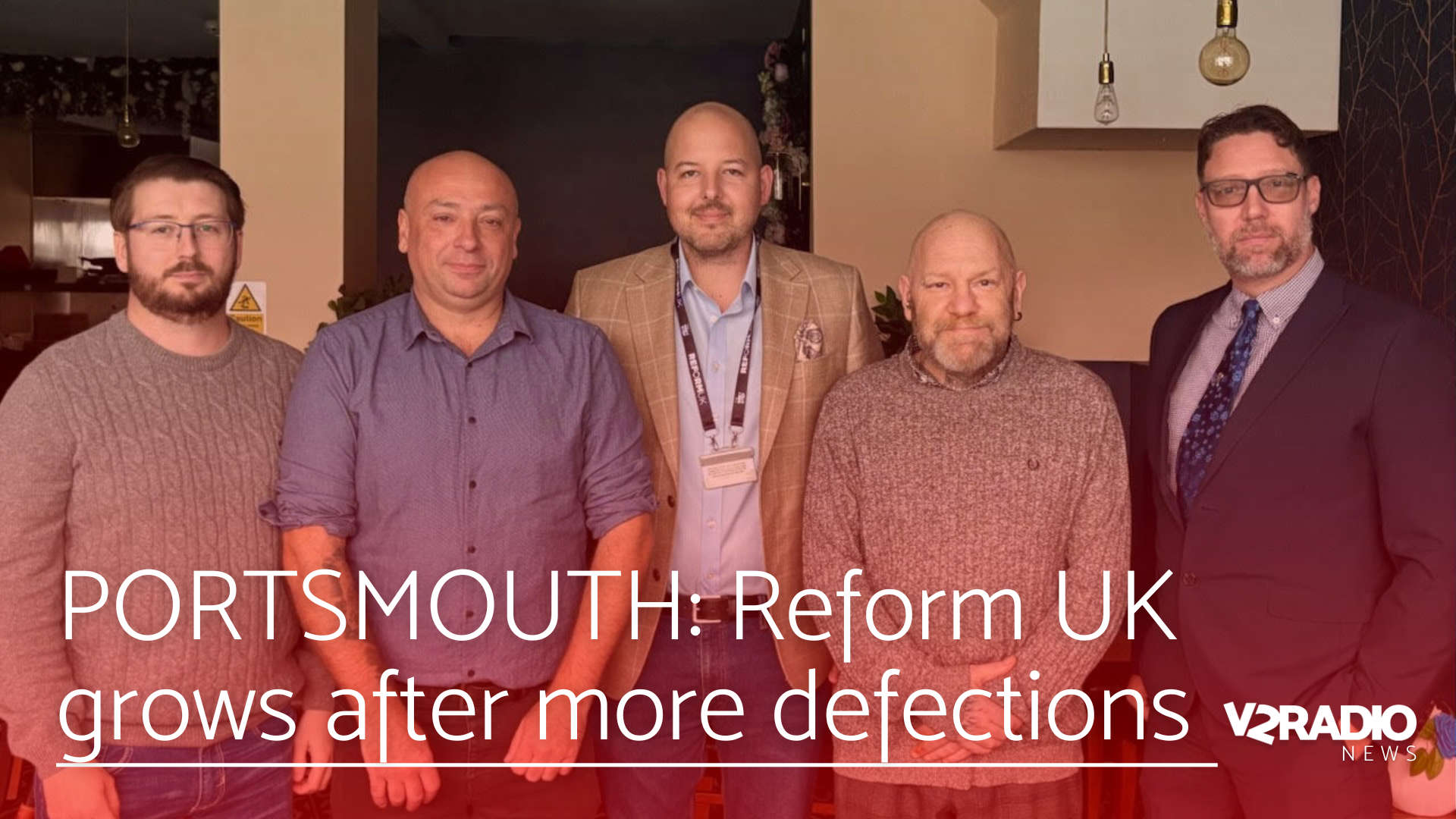 Reform UK in Portsmouth grows to six seats
Reform UK in Portsmouth grows to six seats
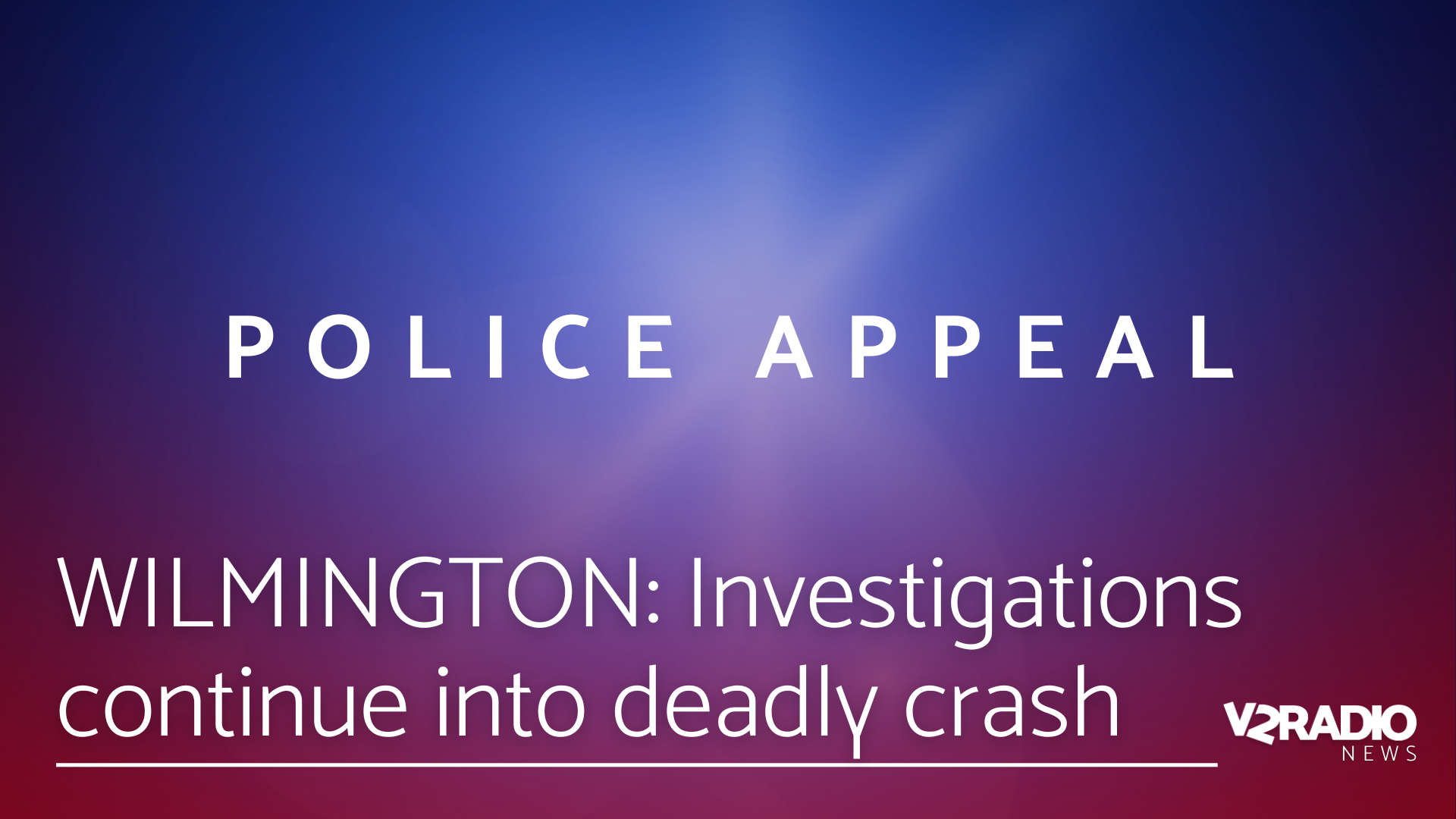 Further information sought following fatal collision near Wilmington
Further information sought following fatal collision near Wilmington
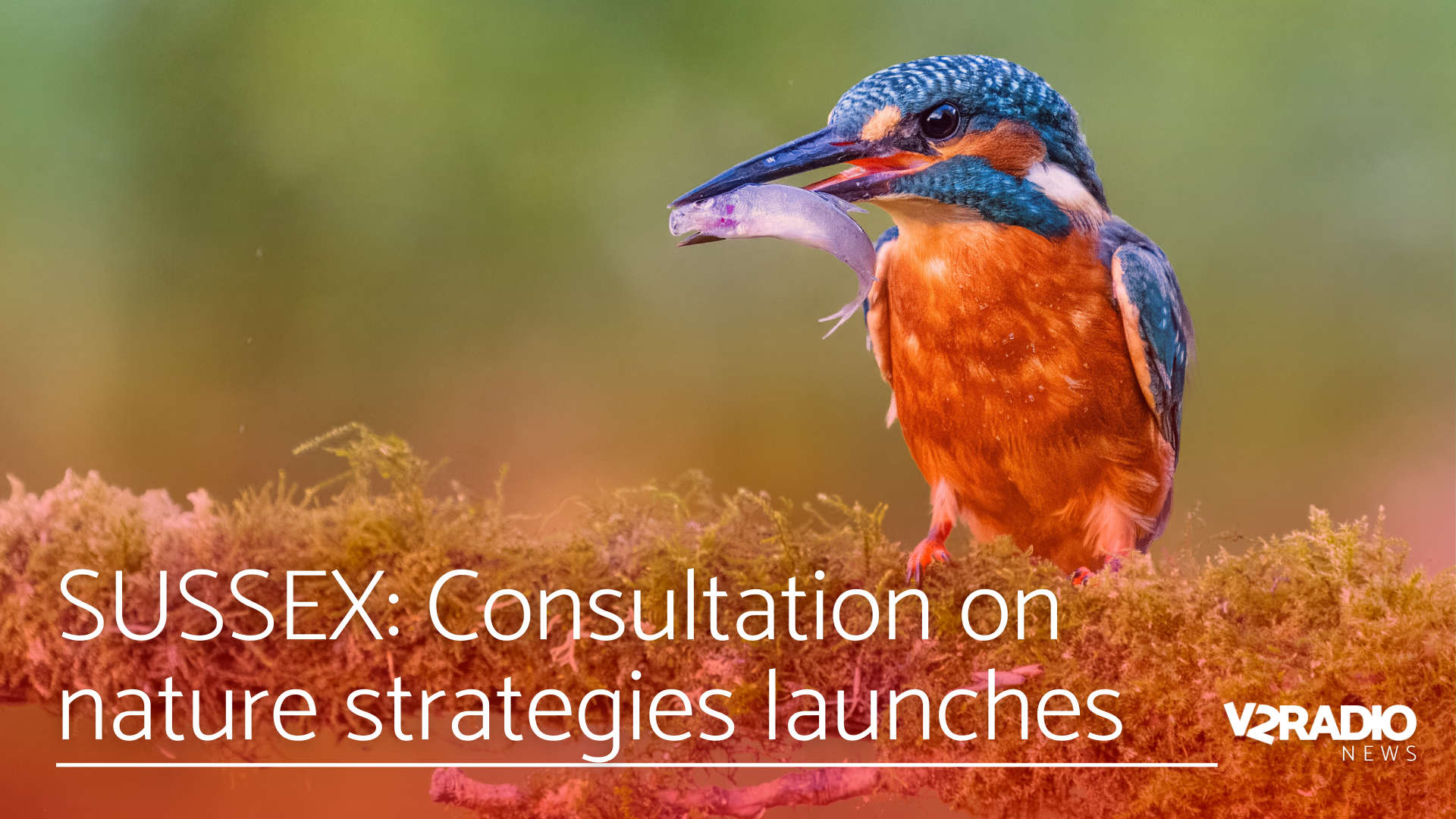 Consultation on Sussex nature strategies launches
Consultation on Sussex nature strategies launches
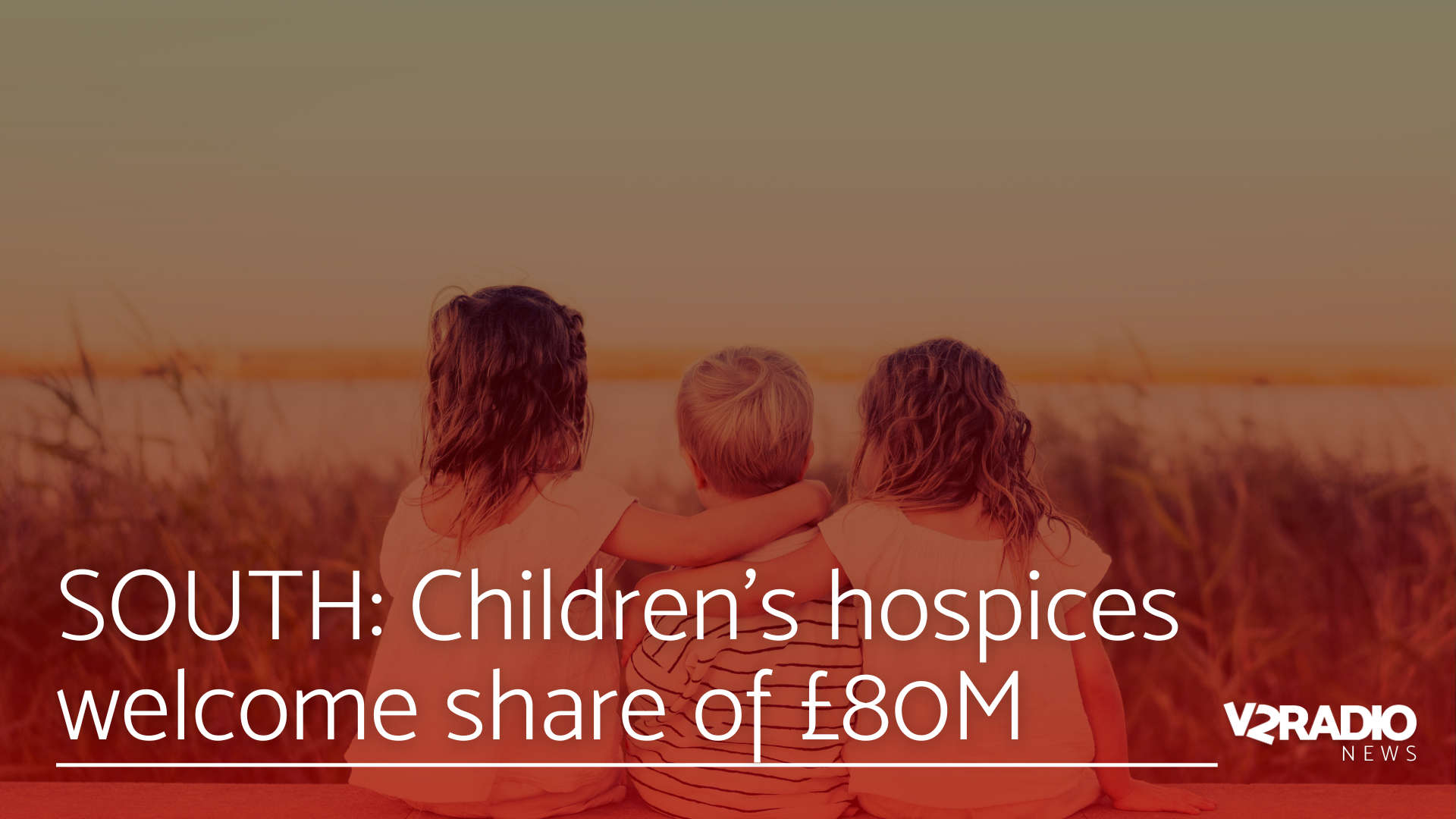 Children’s hospices in the South welcome national share of £80m funding
Children’s hospices in the South welcome national share of £80m funding
 Weekend Football Preview: Sussex and Hampshire Sides in Action
Weekend Football Preview: Sussex and Hampshire Sides in Action
 Grazing sheep settling in well at Mill Hill nature reserve in South Downs
Grazing sheep settling in well at Mill Hill nature reserve in South Downs
 Portsmouth shop owner ordered to pay £53,000 over counterfeit tobacco
Portsmouth shop owner ordered to pay £53,000 over counterfeit tobacco
 Settle down with some spine-tingling tales from West Sussex!
Settle down with some spine-tingling tales from West Sussex!
 Warning as people in the South begin to fill hot water bottles
Warning as people in the South begin to fill hot water bottles






